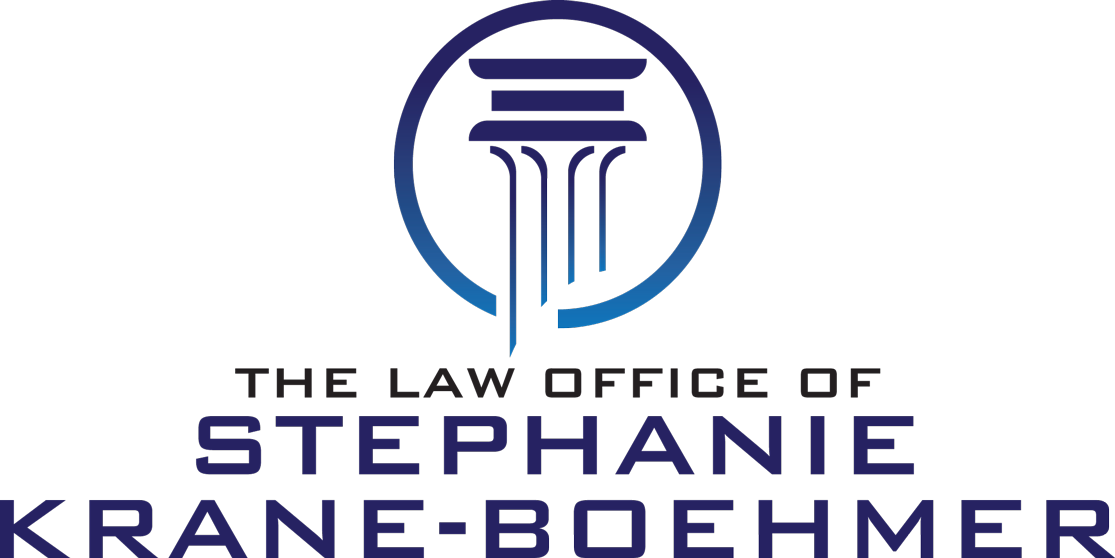You don’t have to be searching for a bankruptcy lawyer to want to control your holiday spending. It’s amazing that no matter how carefully you plan, your holiday budget can spin out of control. So, what can you do to manage holiday spending?
Tip 1: Budget in Advance and Set Aside Money Each Month
If you’re reading this in December, it’s too late for this year. So let’s get started next year! Make a list of everyone you are buying for this holiday. What you bought and how much you spent.
And I mean every gift. Even small gifts for teachers, those gifts of wine, cake or flowers you give during holiday visits. Extra tips you give out to your hairstylist or barber. Add the money you spend on holiday entertaining, or even buying a dress for the holiday party. These little bits add up and burn a hole in your wallet faster than you imagine.
Now take a close look at the list. Was it reasonable, or did you overspend? If you overspent, by how much? Make a reasonable budget for next holiday season, divide by 12, and start putting money aside in a holiday giving fund.
Tip 2: Be Realistic with Your Giving, and Communicate your Intention
Not everyone wants or needs gifts. Sure, we feel great giving a gift, but too often gift giving comes with a feeling of obligation on the part of the receiver. They get you a gift in anticipation of you giving them a gift. And vice-versa. It becomes a never-ending cycle.
How many gifts end up in the back of the closet? How many do you re-give? Young families might not have enough money to give a lot of gifts. Older parents may not have much they need.
With all this in mind, take a look your list and consider two factors:
- Do you really need to buy this person a gift? If the answer is no, strike them off your list.
- Would you be worried that they may feel they need to return the favor and may not have the money? If the answer is yes, put a question mark beside them.
Let these people know you are planning on cutting down on spending. You’ll be surprised at how many will understand – and support you.
If you are going through a bankruptcy, and you don’t want it known, you don’t have to tell people you are working with a bankruptcy lawyer. Many people simply want to make the holidays less commercial, and will assume you feel the same.
Tip 3: Stick to Your Decisions
Now comes the hard part. Sticking to it. If you have communicated in advance, and someone still buys you a present, accept it graciously. And don’t feel like you have to return the favor.
This is very difficult, but it’s necessary. If you are already working with a bankruptcy lawyer, or even if money is tight, you need to be strong and stick to your plan. Especially if you need to rebuild your credit.
Buying a gift without expecting one in return is everyone’s right. Expecting a gift in return is not. If you communicated your intention to not buy gifts before the holidays, you have done your part.
Tip 4: Use Only Cash or a Pre-loaded Credit Card
Control your spending by using cash, or a pre-loaded credit card. When the money is gone, it’s gone. Again, this one is hard, but any change can be challenging. If you want to succeed, you need to be honest with yourself and stick to your plans.
Tip 5: Give the Gift of Time
Baking, volunteering, crafts and DIY gifts – all these are great alternatives to store-bought gifts. Even better, the time you spend on them will keep you out of the stores, and away from impulse purchases.
Providing a loved one with something you have put your passion into can make that gift even more special and memorable.
In the end, isn’t that what the holidays are all about?
Stephanie Krane-Boehmer is a bankruptcy lawyer and divorce lawyer located in Rochester Hills, Michigan. If you are considering credit counseling, debt settlement or filing for bankruptcy, Stephanie can help you get back on the road to financial health.
Keep in touch with us on Facebook.






